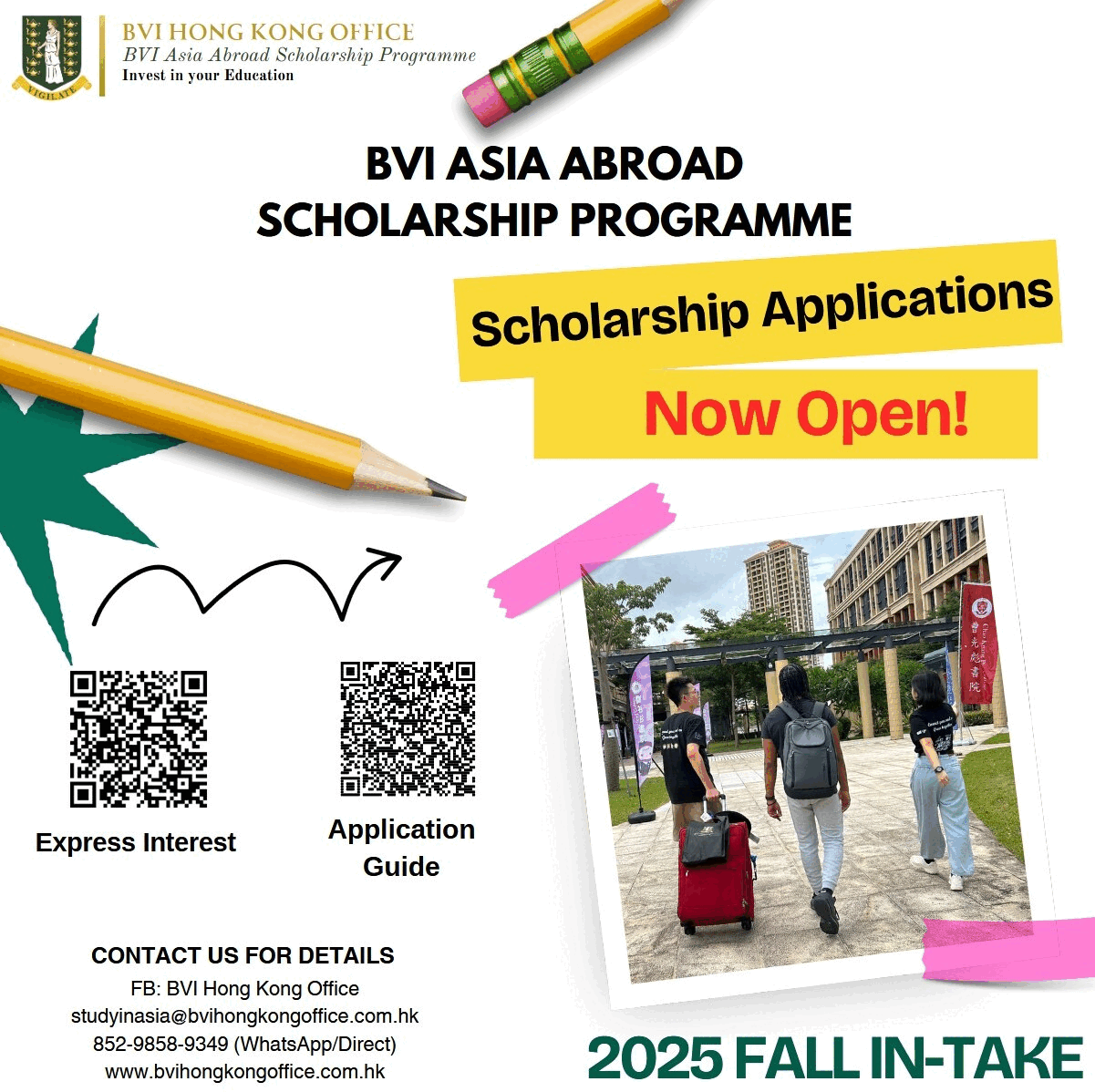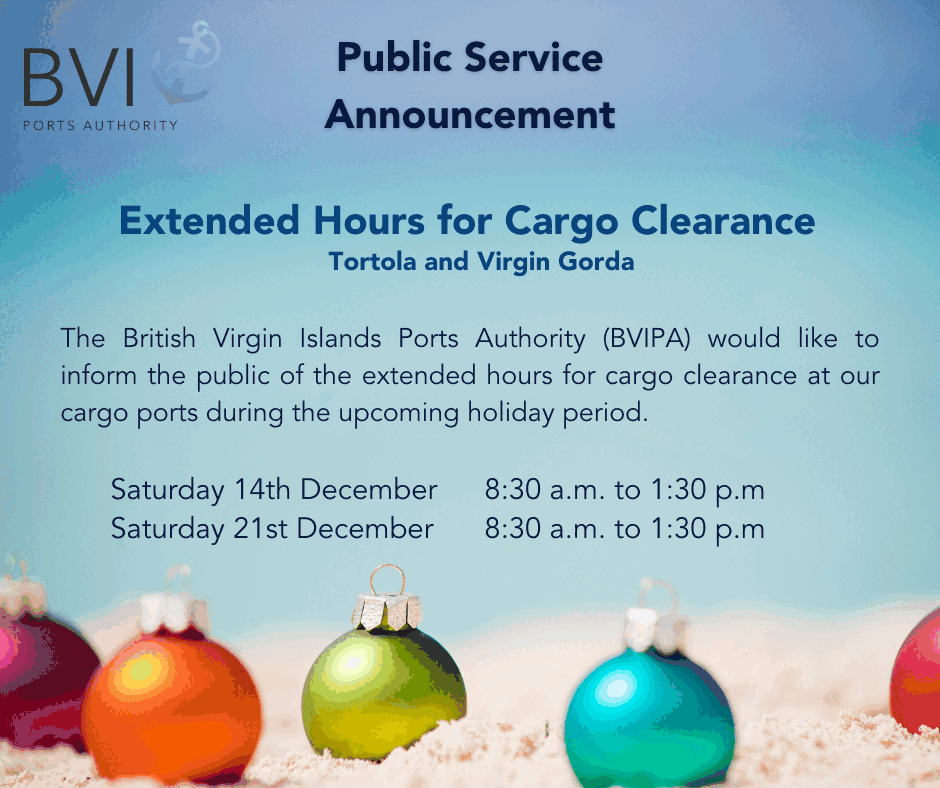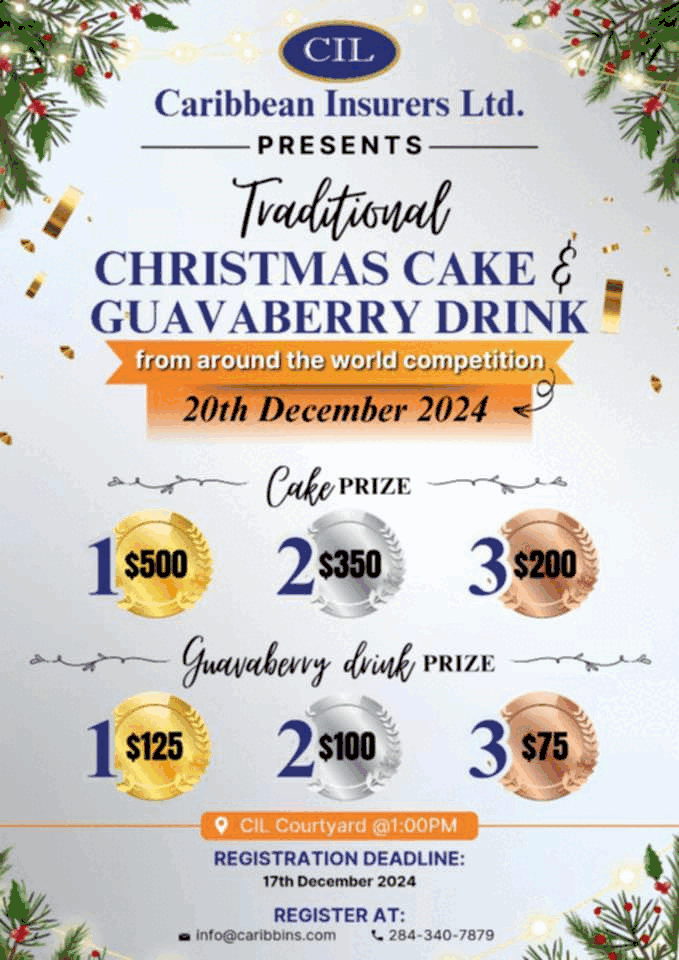Guest worker status in the Virgin Islands
The Immigration Department must ensure that residents deemed guests do not cut the umbilical cord with their home countries. Guests will be required to return to their home countries after specific intervals, and finally at the end of their guest term. The narrative begins at the New Life Baptist Church in the British Virgin Islands.
A cultural fiesta at the New Life Baptist Church in Duffs Bottom, Tortola, British Virgin Islands, was held on a brilliant Saturday evening in late March, 2013. This was a magnificent affair: a showcase of the West Indies, including another archipelago in the Pacific-the Philippines.
The court yard of the church held food stalls, a steel pan band, and a stage and platform, on which various colourful and impressive performances took place. There was a skit from the USA; the melodies of a National Calypsonian and his funji group; then add many other cultural renditions. This was a picture of the real Caribbean: religious, joyous, melodious, spicy, inclusive, harmonious, and warm.
In a completely different vein, but one that alludes to protecting Virgin Islands heritage and culture, and Native Virgin Islanders are today waking up to the reality that there are hundreds of residents, maybe thousands, in their midst, who enjoy equally, the same rights and privileges of the indigenous Virgin islander. But without the same attachments that come from ancestry and blood links. Then there are thousands more migrants, waiting for the precious privilege of obtaining status in these Lesser Antilles that will enable long term settlement. This is a very serious matter. And it is an issue that cannot be understated.
Virgin Islands culture and heritage is being changed by this migration dynamic, and not necessarily for the better. It would be a sad day indeed were the precious way of life of forbears lost completely. Culture is enriched by other types coming in to a country, but it must never be overwhelmed.
And it is clearly evident that among citizens of these Lesser Antilles, that there are men, women, and children, who may need to adopt the values and ways of the Virgin Islands indigene, and not see their tenure living in this country as a means to an end. In all countries worth their salt, migrants integrating with the mainstream value system is de rigueur. A great model for this is the USA where adoption of various nuances of language, education, and US culture, offer a pathway to that over used cliché: ‘’ THE AMERICAN DREAM.’’
Yes, a migrant living and residing in the Virgin Islands should view that privilege in the same way a new US Citizen views and values their citizenship. It is an end in itself, and a very precious privilege at that. And this media ‘back and forth’ on the subject appears to have reached new heights of absurdity. It smacks of a seemingly jingoistic hostility. It is a paranoid fear and xenophobia unwarranted from those who consider themselves enlightened and informed.
Journalists, reporters, and commentators, have a duty to be responsible, objective, and informed. And the use of a person’s blood links to past generations of Virgin Islanders as measure for who is or not a Virgin Islander is beginning to sound not just ridiculous, but increasingly perplexing! Citizenship is more than a lullaby to ancestry, it entails a duty to serve, protect, and if necessary lay down one’s life for one’s country.
One intelligent commentator with clear political ambitions even alluded to the idea of Virgin Islanders marrying outsiders as a predicament. This Commentator, a very attractive and intelligent television personality, chose to ignore the fact that Virgin Islanders have always married down islanders and outsiders. In a small community, marriage to outsiders widens the gene pool and is good for human biodiversity.
In any event, and as the silent and very intelligent majority of residents of the country will readily acknowledge, the MIGRATION HORSE has already bolted out the proverbial barn The introduction of a national song and national dress is one way of building cohesion into the national life. However, much more needs to be done. But before initiating a new legal and legislative framework for dealing with migration, it is imperative the backlog of applications for status is fairly and equably managed.
The time is ripe for a public discussion on this issue. Politicians should begin a series of talks and town hall meetings on the topic. The main question should be this one: is it time now to introduce a stop policy on the award of residency, and belonger status, based on length of stay in the country? In future, should migrants instead be given PERMANENT GUEST STATUS?
This new idea to manage migration will entail the permanent creation of two types of resident: a population that will consist of citizens who enjoy the privileges thereof that will forever remain relatively static, and an alien population metric that will change as the needs of the country demands, in terms of employment. This second grouping will be foreigners who will hold guest employer and guest employee status, and strictly regulated by government, as is the case today, but with no more ability to obtain further status.
And what would be the timeline for a major shift in immigration policy; and a new national position on immigration that must be written into law?
This will mean that after a work permit is granted, and an expatriate has lived in the country for a number of years, there is no further option of obtaining residency or citizenship through length of stay. This may sound unfair, as there will be many left out the loop of possessing precious and valuable status in these spectacular Antilles. However, with Virgin Islanders, whether first, second, or third generation, increasingly concerned about the social and cultural direction of their country, and their smaller number when compared with a growing migrant population, it is a valid and very reasonable policy option.
And yes, these are very hard questions. But they are questions that must be asked and answered. One further crucial question is this one: will a new guest worker expatriate be required to return to their country of origin and then reapply for the job position they previously held, say after five years living in the Virgin Islands? Will this law if ever introduced be vigorously enforced? What about the introduction of a maximum ten year term of stay in the Virgin Islands by these guest workers after which time they will be required to return to their countries of origin?
Will the creation of a permanent group without status be acceptable? And what about babies born to the guest worker in the Virgin Islands? Will those children automatically gain status as citizens?
What are the human rights aspects of establishing a permanent guest worker class? Will Virgin Islands employers themselves be willing to live by the Rule of Law, and not run to their district representative to override a new more draconian system, when their employee’s time in the country is up, or their work permit expires?
Yes, these are the questions that must be answered by policy makers. There must be new determinations made on the law with regard to foreigners. And yes: it takes courage and integrity to deal with this complex matter; and certainly not emotion, opportunism, and empty rhetoric.
Connect with Dickson Igwe on TWITTER and FACEBOOK













.png)


























5 Responses to “Guest worker status in the Virgin Islands”